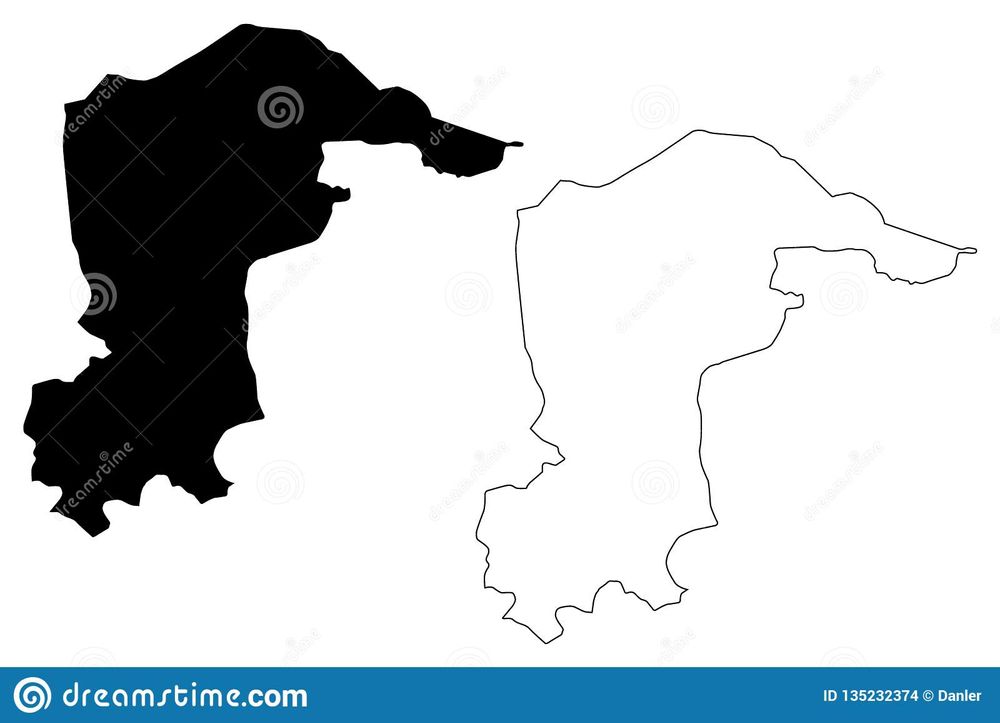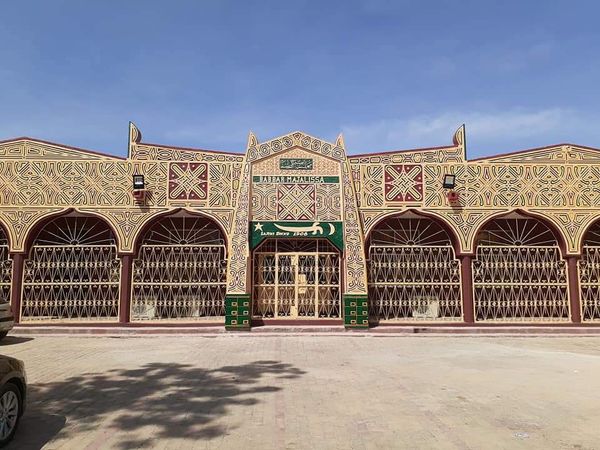A BRIEF HISTORY OF KATSINA EMIRATE
There is no gain saying that Katsina is one of the most Historic and Popular Kingdoms in Hausaland which emerged since the 10th century. The Kingdom was ruled by four ruling Houses namely: Durbawa Ruling house(990AD) with Six(6) Rulers, Korau Ruling House(1490) with Thirty One(31) Rulers, Dallazawa Ruling House(1806-1906) with Eight(8) Emirs, and now The Sullubawa Ruling House(1906-date), with Four(4) Emirs, making a total of Forty Nine(49) Rulers, with Alh (Dr.) Abdulmumini Kabir Usman, CFR, as the Current Emir. It is not out of place to say that Katsina Emirate witnessed series of developments and transformations strides under the Sullubawa Dynasty. The developments covered Economic, Social and Political Spheres of life, with Human Capital Development given high priority. Muhammadu Korau in the 15th century transformed the Kingdom into an important centre of trade, commerce and learning in Hausaland. This development continued up to 19th century when Shehu Usmanu Danfodiyo emerged following his attempts to reform the society of Hausaland. Danfodio’s reforms brought Katsina into the fold of the Sokoto Caliphate. Malam Umarun Dallaje became the first Fulani Emir of Katsina thereby establishing the Dallazawa Dynasty that ruled Katsina for one hundred years(1806-1906). From the Dallazawa Dynasty, there were eight Emirs who ruled Katsina thereby contributing to the social, political and economic developments of the Emirate. Emir Muhammadu Dikko continued in this direction following his appointment in 1906. Thus, after his emergence as the new Emir(1906-1944), Dikko used his position and closeness to the authorities to build other important milestones in the history of Katsina Emirate especially in Education, Agriculture, Healthcare, Sports and Forestry among others. Moreover, the appointment of Sir Usman Nagogo(1944-1981), who succeeded Muhammadu Dikko was also another landmark in the history of Katsina Emirate. Usman built on the existing edifice of his father thereby doing a lot in the consolidation of the emirate rule in Katsina. Similarly, after independence, Katsina Emirate under Usman continued to witness many developments in various aspects of human life. Indeed, the emergence of Emir Muhammadu Kabir Usman(1981-2007) who was a strong advocate of education, culture and tradition helped the Emirate to maintain its leading position in Islamic learning and scholarship in Northern Nigeria. This leadership continued as Emir Abdulmumini Kabir Usman succeeded his father in 2007. Thus, the Emir continues to play an important role in the State and indeed the country till date. This is seen in his various achievements in ensuring equity, justice, transparency, peace and unity in the Emirate. These acts earn the Emir respect in the eyes of many in the Emirate thereby becoming a leader worthy of trust and emulation in the region and indeed the country as a whole.




